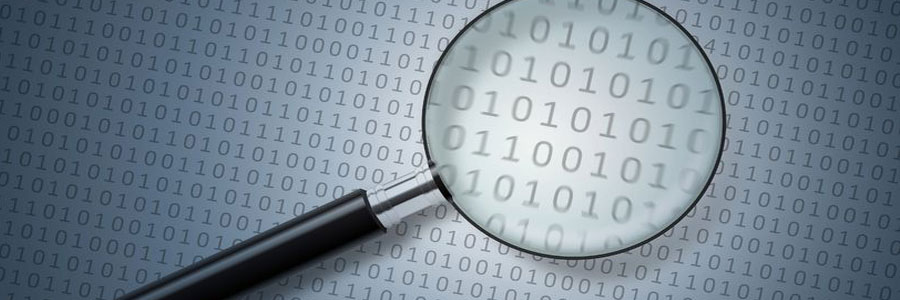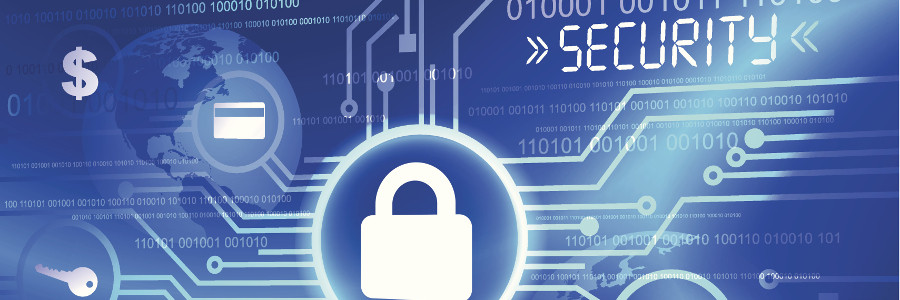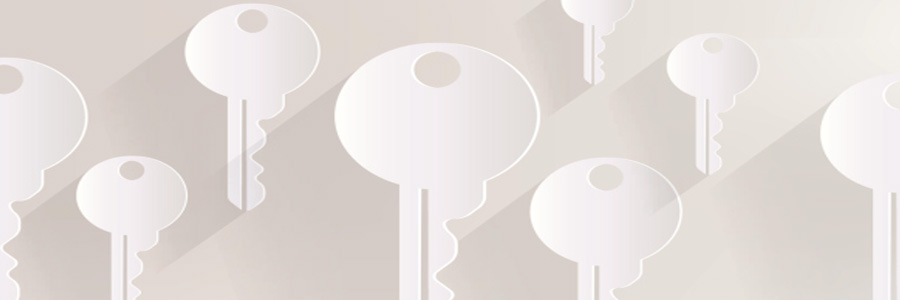Do IT security terms like “phishing” and “intrusion protection” sound extremely foreign to you? If so, it’s time you familiarize yourself with these and other common cybersecurity terms. By learning these basic concepts, you’ll be more aware of the depth and scope of online dangers and, hopefully, be better prepared to deal with them.
Use these tips to stay safe on Facebook and Twitter

Never let your guard down when you’re on social media! Malicious hackers are becoming better at stealing your personal information, so keep these reminders and tips in mind to remain safe while you’re on platforms like Facebook and Twitter.
Lock screens exist for a reason
Always lock all your devices as soon as you stop using them.
5 Security issues to look out for
Struck by ransomware? Try out these decryptors to recover your data
Boost your cybersecurity with security audits

Are your organization’s cyber defenses enough to protect it from a cyberattack? Unfortunately, just incorporating the latest antimalware software or firewall to your system won't guarantee your company's safety. Conducting a security audit will give you a complete picture of your company’s data integrity, giving you a greater chance of successfully meeting your cybersecurity goals.
Better internet security: Easy as 1, 2, 3

The internet is not such a bad place to be in — for as long as website owners do their share in keeping it safe for their visitors. Here are three tips to do exactly just that.
Tip 1: Use HTTPS
Short for Hypertext Transfer Protocol Secure, HTTPS indicates that a website has an extra layer of security for its users.
Fix these business security flaws now

As businesses have become more reliant on technology, they’ve also become a prime target of cybercriminals. If you want to protect your organization from cyberattacks, make sure your cybersecurity system doesn’t have the following flaws.
Open wireless networks
With just one main internet line and a couple of wireless routers, an entire office can get online.
Why you shouldn’t use public charging kiosks
Two-step and two-factor authentication: What’s the difference?

Every business should have a strong cybersecurity posture to keep cybercriminals from infiltrating their network. One way to do this is by implementing a strict authentication process using two-step or two-factor authentication. These two processes are so similar that many confuse one with the other.
Your business’s cybersecurity needs an MSP

With the prevalence of cyberattacks on companies of all sizes these days, businesses cannot afford to relegate cybersecurity to the bottom of their budget priorities. When it comes to cybersecurity, even small businesses should partner with a managed IT services provider (MSP). Here’s why it's crucial to partner with an MSP that can implement robust cybersecurity solutions for your business.




